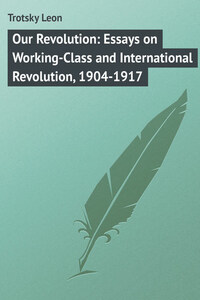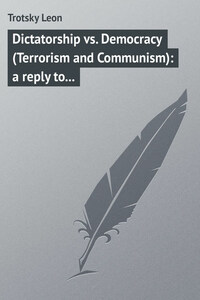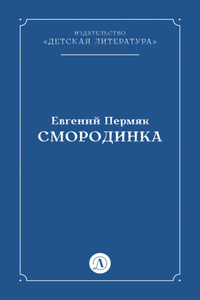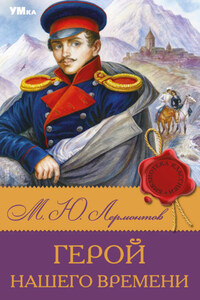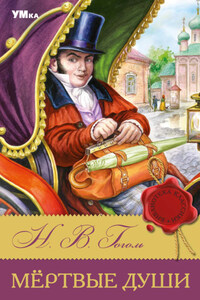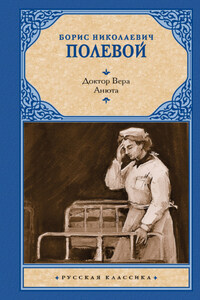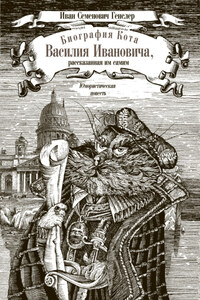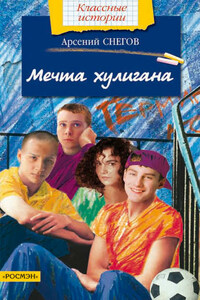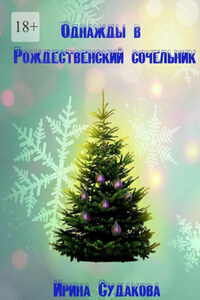The world has not known us Russian revolutionists. The world has sympathized with us; the world abroad has given aid and comfort to our refugees; the world, at times, even admired us; yet the world has not known us. Friends of freedom in Europe and America were keenly anxious to see the victory of our cause; they watched our successes and our defeats with breathless interest; yet they were concerned with material results. Our views, our party affiliations, our factional divisions, our theoretical gropings, our ideological constructions, to us the leading lights in our revolutionary struggles, were foreign to the world. All this was supposed to be an internal Russian affair.
The Revolution has now ceased to be an internal Russian affair. It has become of world-wide import. It has started to influence governments and peoples. What was not long ago a theoretical dispute between two "underground" revolutionary circles, has grown into a concrete historical power determining the fate of nations. What was the individual conception of individual revolutionary leaders is now ruling millions.
The world is now vitally interested in understanding Russia, in learning the history of our Revolution which is the history of the great Russian nation for the last fifty years. This involves, however, knowing not only events, but also the development of thoughts, of aims, of ideas that underlie and direct events; gaining an insight into the immense volume of intellectual work which recent decades have accumulated in revolutionary Russia.
We have selected Leon Trotzky's contribution to revolutionary thought, not because he is now in the limelight of history, but because his conceptions represent a very definite, a clear-cut and intrinsically consistent trend of revolutionary thought, quite apart from that of other leaders. We do not agree with many of Trotzky's ideas and policies, yet we cannot overlook the fact that these ideas have become predominant in the present phase of the Russian Revolution and that they are bound to give their stamp to Russian democracy in the years to come, whether the present government remains in power or not.
The reader will see that Trotzky's views as applied in Bolsheviki ruled Russia are not of recent origin. They were formed in the course of the First Russian Revolution of 1905, in which Trotzky was one of the leaders. They were developed and strengthened in the following years of reaction, when many a progressive group went to seek compromises with the absolutist forces. They became particularly firm through the world war and the circumstances that led to the establishment of a republican order in Russia. Perhaps many a grievous misunderstanding and misinterpretation would have been avoided had thinking America known that those conceptions of Trotzky were not created on the spur of the moment, but were the result of a life-long work in the service of the Revolution.
Trotzky's writings, besides their theoretical and political value, represent a vigor of style and a clarity of expression unique in Russian revolutionary literature.
New York, February 16th, 1918.
LEON TROTZKY
BIOGRAPHICAL NOTES
Trotzky is a man of about forty. He is tall, strong, angular; his appearance as well as his speech give the impression of boldness and vigor. His voice is a high tenor ringing with metal. And even in his quiet moments he resembles a compressed spring.
He is always aggressive. He is full of passion, – that white-hot, vibrating mental passion that characterizes the intellectual Jew. On the platform, as well as in private life, he bears an air of peculiar importance, an indefinable something that says very distinctly: "Here is a man who knows his value and feels himself chosen for superior aims." Yet Trotzky is not imposing. He is almost modest. He is detached. In the depths of his eyes there is a lingering sadness.
It was only natural that he, a gifted college youth with a strong avidity for theoretical thinking, should have exchanged, some twenty years ago, the somber class-rooms of the University of Odessa for the fresh breezes of revolutionary activity. That was the way of most gifted Russian youths. That especially was the way of educated young Jews whose people were being crushed under the steam-roller of the Russian bureaucracy.
In the last years of the nineteenth century there was hardly enough opportunity to display unusual energy in revolutionary work. Small circles of picked workingmen, assembling weekly under great secrecy somewhere in a backyard cabin in a suburb, to take a course in sociology or history or economics; now and then a "mass" meeting of a few score laborers gathered in the woods; revolutionary appeals and pamphlets printed on a secret press and circulated both among the educated classes and among the people; on rare occasions, an open manifestation of revolutionary intellectuals, such as a meeting of students within the walls of the University – this was practically all that could be done in those early days of Russian revolution. Into this work of preparation, Trotzky threw himself with all his energy. Here he came into the closest contact with the masses of labor. Here he acquainted himself with the psychology and aspirations of working and suffering Russia. This was the rich soil of practical experience that ever since has fed his revolutionary ardor.
